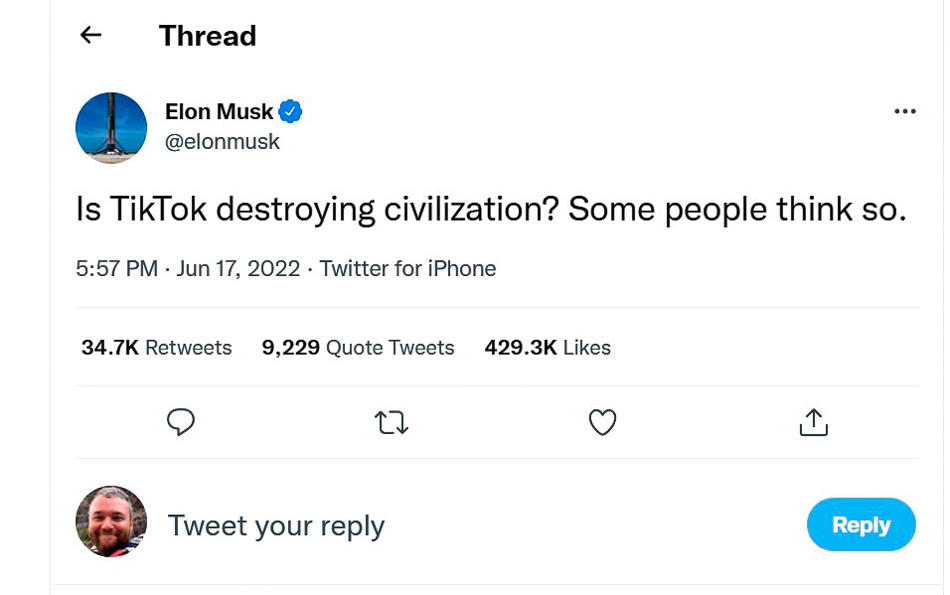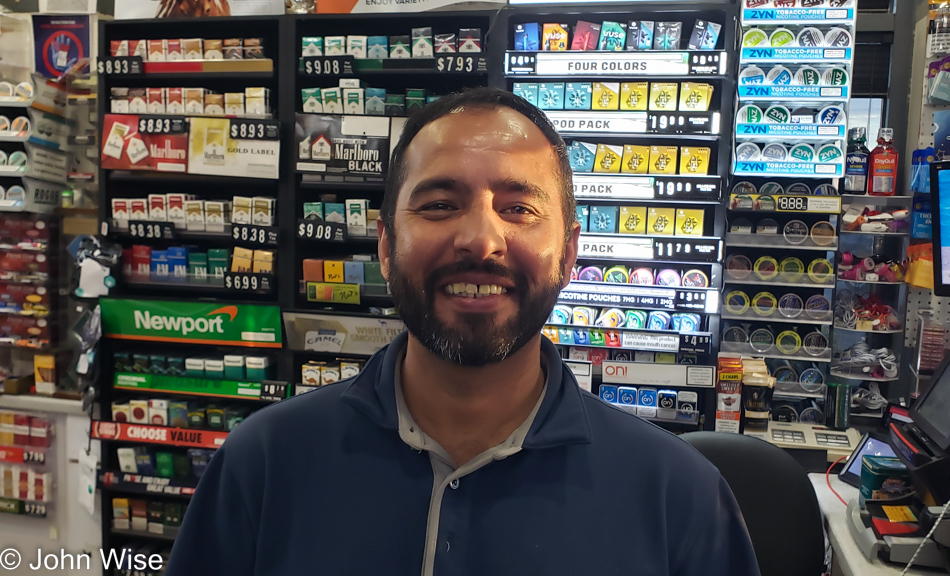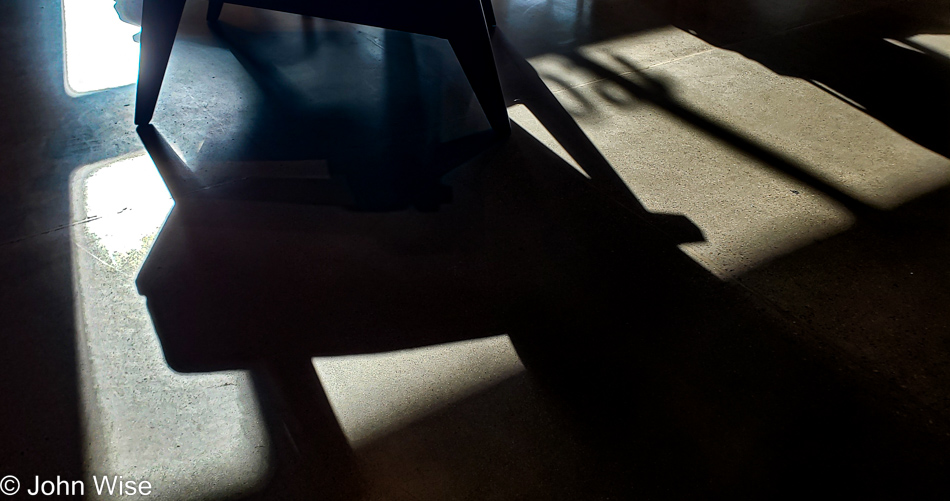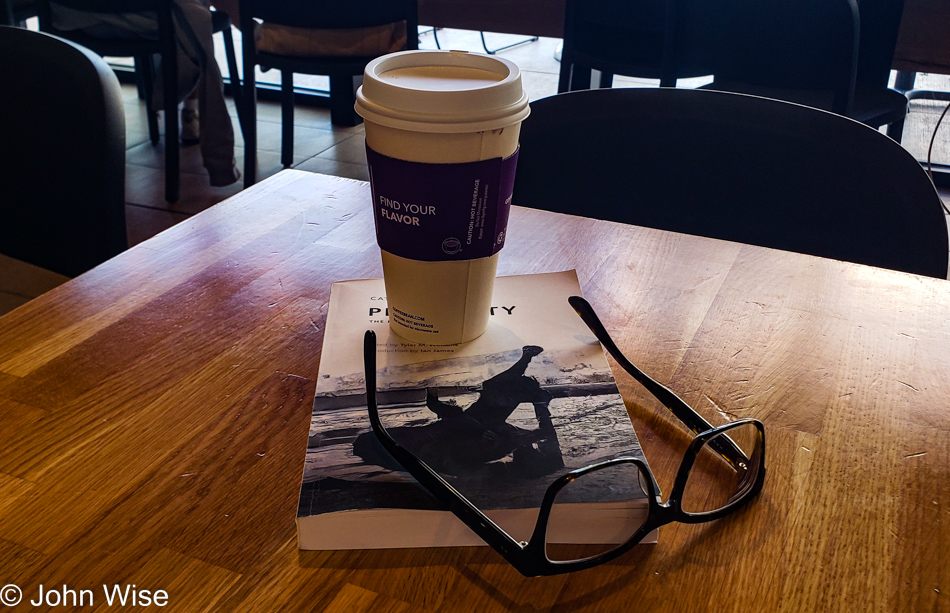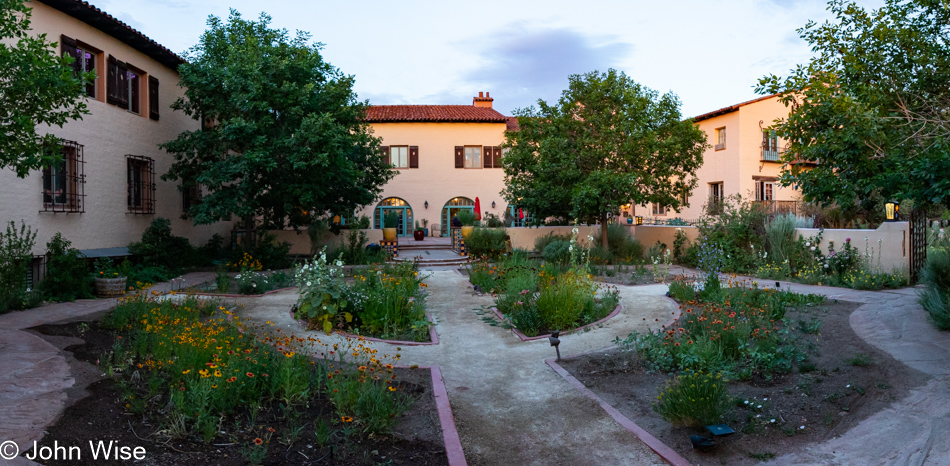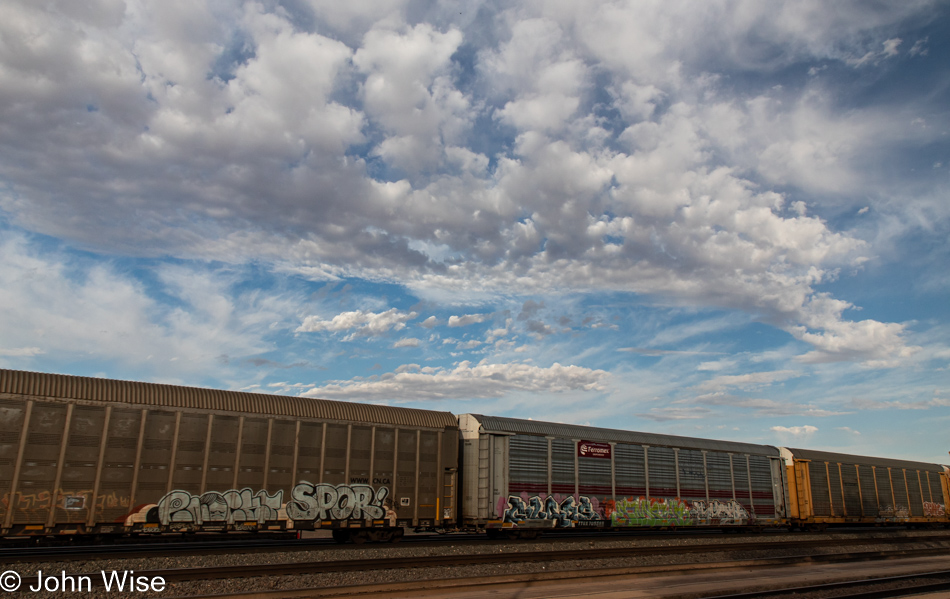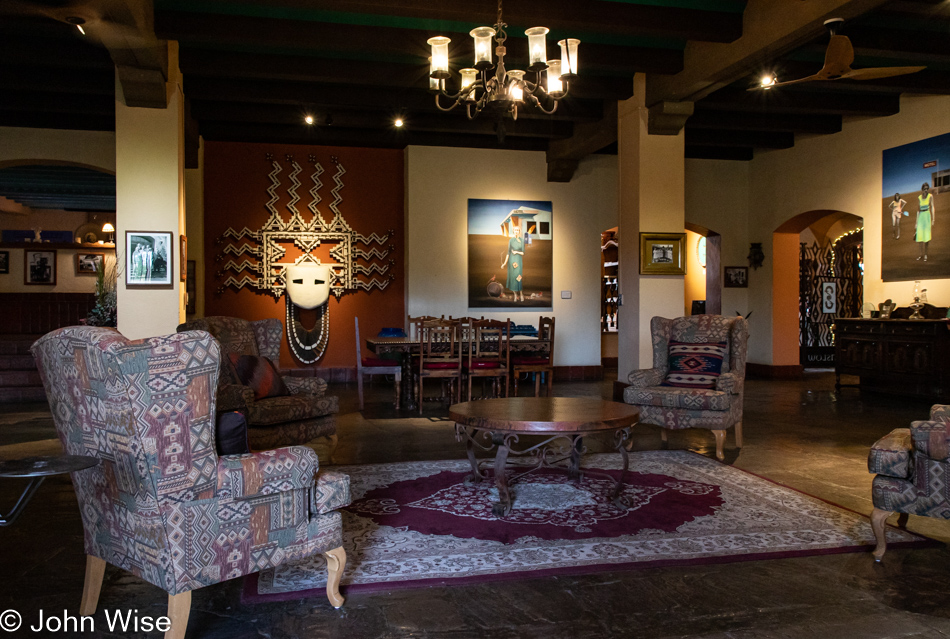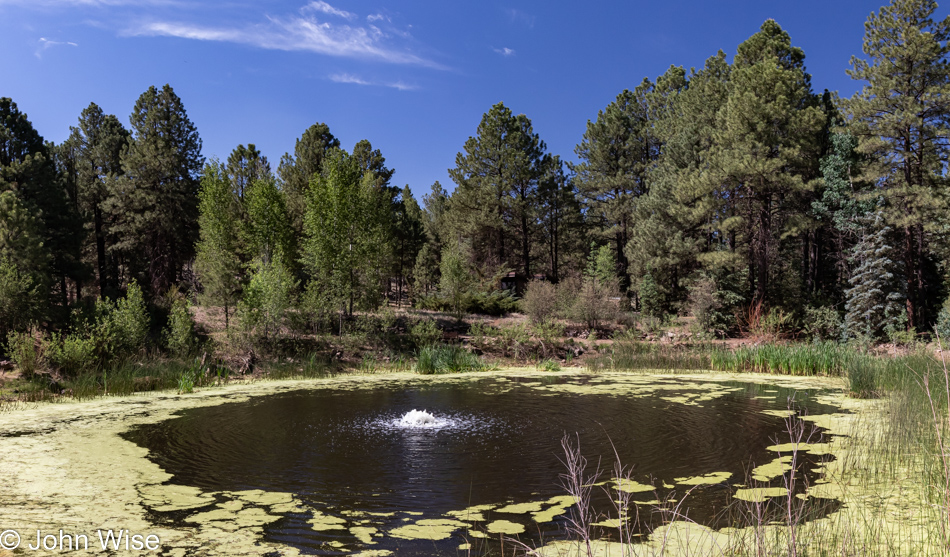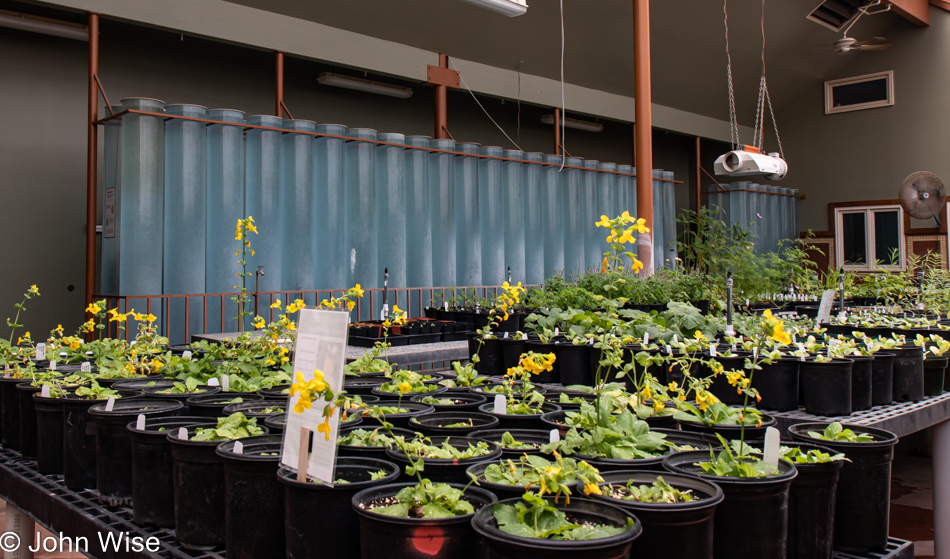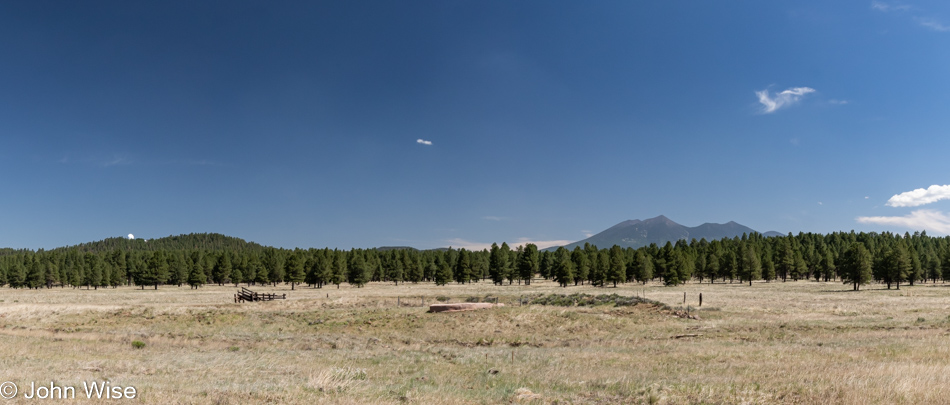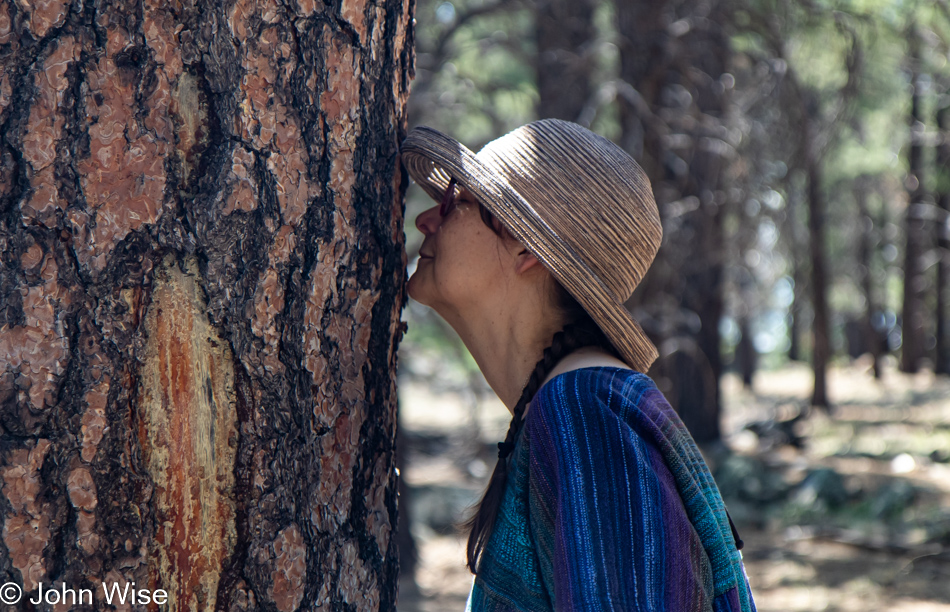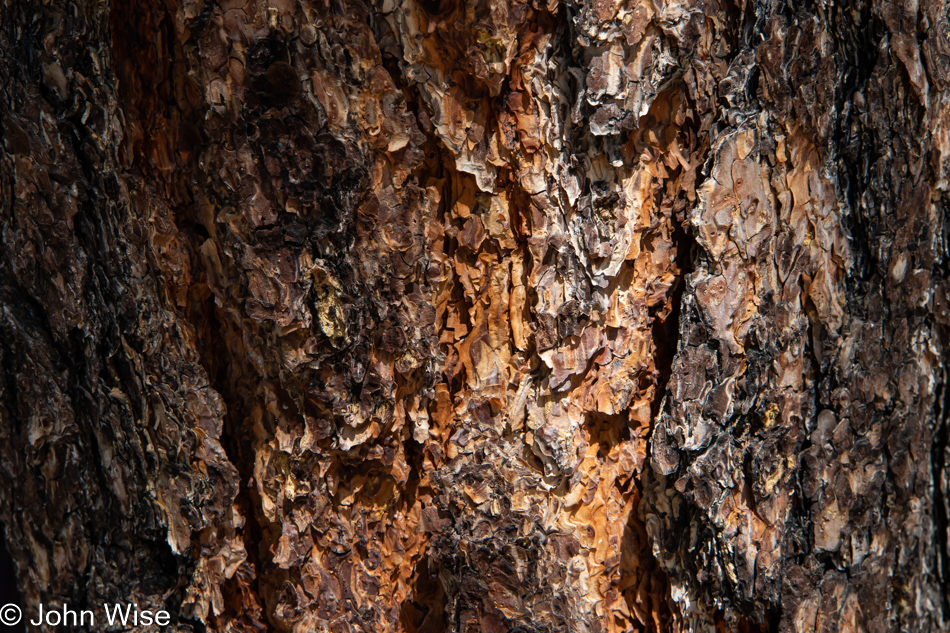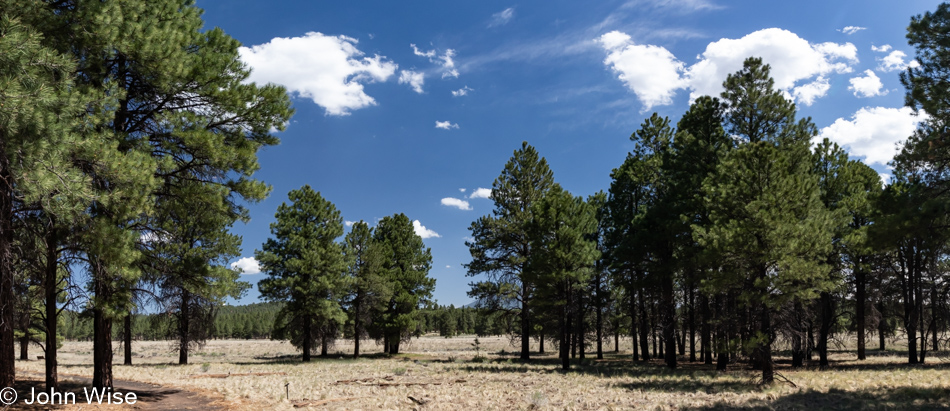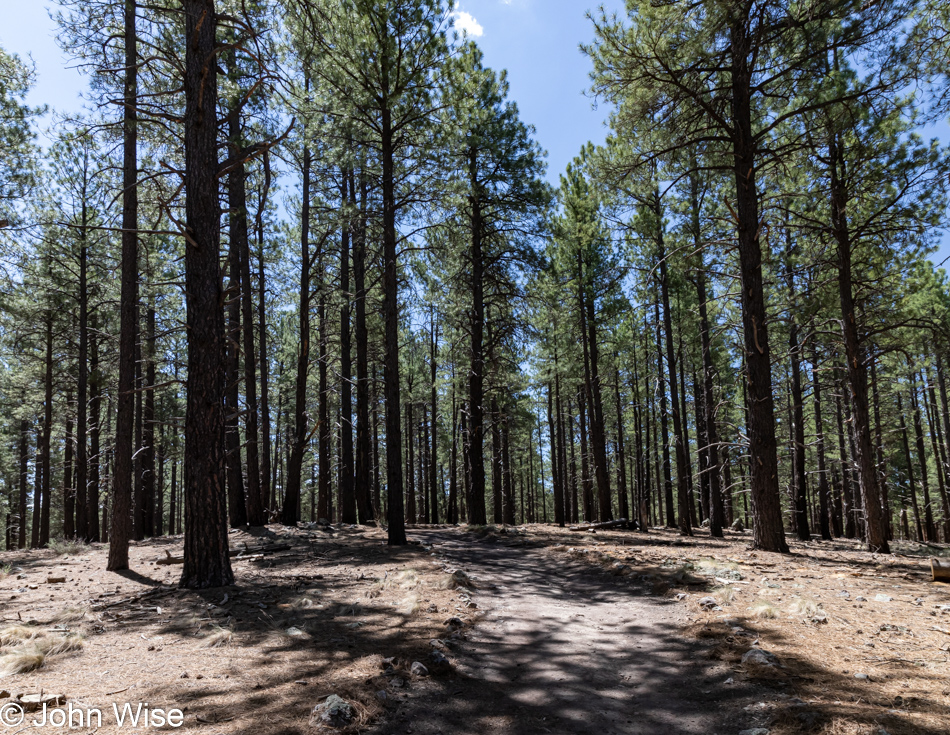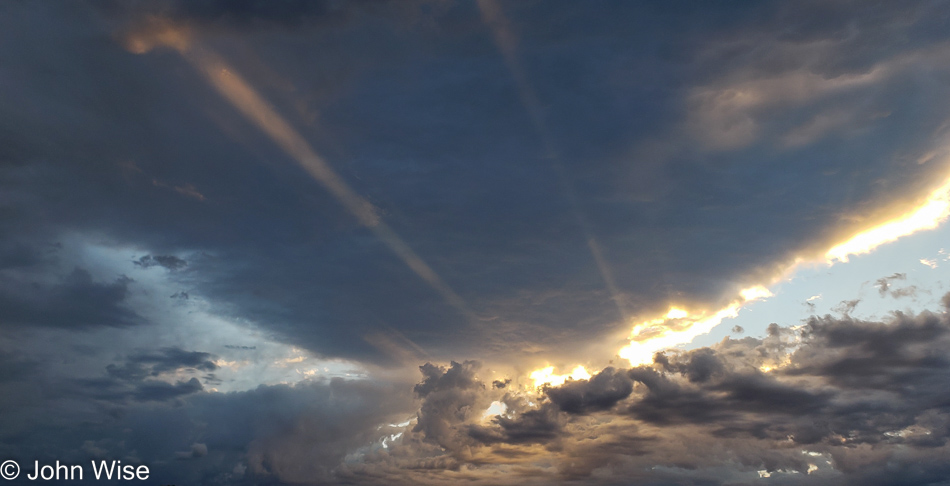
I suppose to live vicariously is better than having never lived at all. In a world that favors the haves over the have-nots, the need to be witness to something “real” fills in for the instinct to participate. One needn’t hunt and kill their next meal; to kill an enemy is only allowed when sanctioned by the state, justice is not administered by the crowd but by the court, we mustn’t build our own home, and there’s no certainty a spouse will be found.
So, we passively watch the life we are not living. We watch the superman take out a gang single-handedly, the underdog is portrayed as overcoming adversity to win the day, and against the odds, the hero gets the girl. Compliment the fantasy on the big screen by encouraging the citizens to take things into their own hands while practicing fighting, driving, collecting treasure, and maneuvering through impossible scenarios so they might win and be heroes themselves. If you love fishing, there’s a tv show for that, hunting big game, a show for that too. Do you suffer from depression, witness someone else’s that’s worse than your own, and maybe you find solace that your life might not be all that bad?
Don’t like where you live? Maybe a war somewhere else will convince you that your existence is pretty good. After all, we can’t all go to the lake, mountain trail, Disneyland, Central Park, Paris, or scuba diving off Key West. But then again, we can’t let the natives become restless because we have no real idea where the boiling-over point of humanity lies. What pacifies the horde so the wealthy are allowed to enjoy the spoils of their war against those in poverty? If only the impoverished could easily be placated to accept their station in life. Just where can the balance be found between self-incarceration and minimal amounts of participation?
I’m going off-track as I came to this page after having watched a couple of dozen clips from Jack Reacher, John Wick, and The Equalizer. Obviously, I’m broken as I want to fail to understand the appeal, or maybe I don’t have a choice but to fail, as the idea of a solo Johnny Badass cleaning house to show the bad guy what it is to suffer for violating the honor of men. This primitive idea that a man’s rage, when employed for the greater honor, will propel our abilities to overcome evil; give me a break. At best, this is pandering to man’s primitive lizard brain; at worst, it drives home the ambiguities of having un-intentional, near, purposeless lives in the age of meaningless social media.
When knowledge exists in the forbidden vacuum occupied by the despised, those intellectuals, nerds, coders, scientists, engineers, professors, creators, and rarely controllers, these are then the class of people able to give context to their experiences which might take them into the corners of the Arctic, the Balkans, glaciated mountain trekking, Amazon river adventures, visits to museums, operas, and other places of sophisticated immersions. On the other hand, the vast void of ignorance holds appeal to those who needn’t lend meaning beyond the visceral, and yet, they travel with resentment that others might take more from their position of privilege while the masses feign indifference or discontent.
This then begs the question for me: where is the messaging about the importance of vast knowledge beyond the absolutely superficial surrounding manufactured drama that accompanies professional sports, television series, the antics of celebrity-based governance, vapid personalities that hawk indulgence, and finding completeness through consumption?
I can easily understand that I sound like the idiot thinking liberation from the yoke of banality can be found in intellectualism, but that would be a misunderstanding as what I mean to insinuate is that authenticity and curiosity are the missing elements that pull us forward in ways that are healthy for society.
